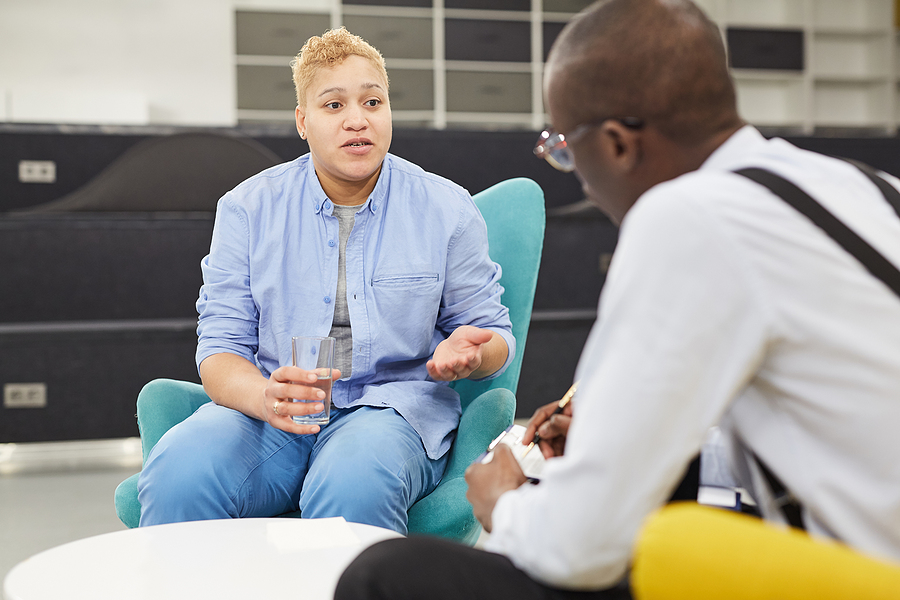Addiction recovery involves multiple approaches that address substance use disorders and the mental health conditions that often accompany them. Drug rehabilitation centers focus on structured treatment strategies and addiction recovery strategies that help individuals regain control of their lives. These approaches support both physical and psychological healing, ensuring a comprehensive recovery process.
Personalized Treatment Plans for Effective Recovery
Developing personalized treatment plans allows rehabilitation centers to address each patient’s specific history of substance use. A structured plan includes therapies, medical interventions, and lifestyle changes designed to encourage long-term sobriety. Customizing treatment ensures that patients receive targeted support that aligns with their needs.
Adjusting treatment plans based on progress strengthens recovery efforts. Regular evaluations help refine strategies, ensuring continued effectiveness. Patients involved in shaping their treatment feel more motivated to stay committed, increasing the likelihood of success.
Therapy Options That Strengthen Recovery
Therapy remains a core element of addiction treatment. Cognitive behavioral therapy (CBT) and individual counseling help patients address the psychological factors behind substance use. Therapists guide individuals in developing coping strategies to handle cravings and triggers.
Behavioral therapies modify harmful thought patterns and encourage healthier habits. The structured environment of therapy sessions fosters open communication, helping individuals express their challenges and progress. Addressing emotional and psychological needs in therapy builds a foundation for lasting sobriety.
Group Support for Lasting Strength
Group support plays an essential role in addiction recovery. Support groups create a sense of community among those working to overcome substance use. Connecting with others who share similar experiences provides encouragement and accountability.
Participation in group therapy reinforces commitment to recovery. The shared experiences within these groups help individuals gain new perspectives on overcoming challenges. A strong support network reduces relapse risks and reinforces emotional resilience.
Family Involvement to Strengthen Recovery
Family participation enhances addiction treatment by fostering a supportive home environment. Family therapy sessions provide loved ones with a better understanding of substance use challenges, allowing them to contribute positively to the recovery process.
Improved communication and trust between family members help rebuild relationships affected by addiction. Learning effective support strategies reduces behaviors that may unintentionally enable relapse. A family-centered approach ensures a more stable and nurturing recovery environment.
Holistic Methods for Comprehensive Healing
Holistic treatment methods support both mental and physical recovery. Mindfulness meditation, yoga, and proper nutrition encourage a balanced approach to healing. Addressing overall well-being helps individuals regain a sense of control over their lives.
Incorporating holistic practices into treatment assists in managing withdrawal symptoms and stress. Mindfulness techniques promote emotional regulation, reducing anxiety and depression that often accompany addiction recovery. A focus on physical health further strengthens long-term sobriety efforts.
Evidence-Based Treatments for Reliable Results
Scientific research supports the use of evidence-based treatments in addiction recovery. Therapies such as motivational interviewing and contingency management provide structured, proven approaches to overcoming substance use disorders.
Implementing evidence-based strategies ensures consistent and measurable results. Healthcare providers tailor interventions based on individual progress, refining treatments to maximize effectiveness. A research-driven approach allows rehabilitation centers to continuously improve their programs.
Relapse Prevention for Long-Term Success
Preventing relapse requires strategies that address potential triggers and stressors. Rehabilitation centers teach coping mechanisms that help individuals maintain sobriety after completing treatment. Recognizing personal triggers and developing alternative responses reduce the risk of returning to substance use.
Ongoing education about addiction science reinforces commitment to sobriety. Patients gain insight into the psychological and physical effects of addiction, strengthening their ability to stay on track. Building a strong post-treatment support system further supports long-term recovery goals.
Contact the Serenity Treatment Center of Louisiana for Help
If you or a loved one is struggling with addiction, reaching out for help can be the first step toward recovery. The Serenity Treatment Center of Louisiana provides a safe and supportive environment to guide individuals through each stage of the healing process using evidence-based addiction recovery strategies and other drug rehab success methods. Contact Serenity Treatment Centers of Louisiana at (225) 361-8445 to get the help that you need from our addiction treatment center.










